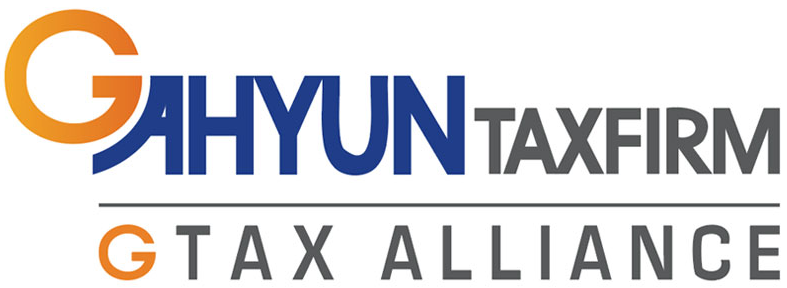
If you're considering launching a business in Korea, the initial step you'll want to take is obtaining a business license in Korea. We can categorize business licenses into two types: individual business licenses and corporate business licenses.
There are significant differences to consider, particularly in the tax schedule and tax rates. Today, I'll provide an explanation of these aspects.
Individuals pay taxes according to the Income Tax Law, while corporations pay taxes under the Corporate Income Tax Law. These two categories have distinct tax rates and tax schedules.
When it comes to VAT, both individuals and corporations are subject to the same Value Added Tax (VAT) regulations, although there are slight differences worth noting.
1)Individual business's tax schedule and tax rate
①Income tax filing
In May, individual business owners calculate their income tax and file their income tax returns for the previous year, covering the period from January 1st to December 31st. The amount they pay in taxes is determined based on their sales and cost figures, with tax rates ranging from 6.6% to 49.5%, including local taxes.

②Interim income tax filing
In November, individual business owners are required to pay interim income tax, which amounts to half of what they paid for their income tax in the previous year. These interim income taxes are essentially prepaid taxes for the upcoming year's income tax liability. They will later be deducted from the income tax they are required to pay in May.
③VAT filing
Individual business owners are obligated to file their Value Added Tax (VAT) returns twice a year, in January and July. Additionally, in April and October, they are required to make interim VAT payments, which amount to half of what they paid during their previous VAT periods. These interim VAT payments serve as prepaid taxes for the next VAT filing and will be deducted from the VAT taxes they are required to pay in the subsequent period (either in January or July).
2)Corporate business's tax schedule and tax rate
①Corporate Income tax filing
In March, corporate businesses calculate their corporate income tax and file the corporate income tax return for the previous year, covering the period from January 1st to December 31st. The amount they pay in taxes is determined based on their sales and cost figures, with tax rates ranging from 9.6% to 26.4%, including local taxes. However, it's important to note that the tax rate base becomes significantly larger when the tax rate reaches 23.1%. Consequently, many small and medium-sized corporations often find themselves subject to the 9.9% or 20.9% tax rates for their income due to this distinction.

In Korea, more than 95% of corporations choose to align their tax period with the calendar year, running from January 1st to December 31st. Consequently, corporate income tax is typically calculated and filed in March.
However, in cases where corporations choose a different tax period for specific reasons (e.g., to synchronize with the tax period of a parent company located in another country), corporate income tax is calculated and filed in the month that falls three months after the conclusion of their chosen tax period. For example, if a corporation sets its tax period from April 1st to March 31st, it would file its Corporate Income Tax (CIT) in June.
②Interim corporate income tax filing
In August, corporate business owners make interim Corporate Income Tax (CIT) payments, which amount to half of what they paid for CIT in the previous year. These interim income tax payments are essentially prepayments for the upcoming year's income tax liability, and they will be deducted from the CIT they are required to pay in March.
③VAT filing
Corporate businesses have a different Value Added Tax (VAT) filing schedule compared to individual businesses. Corporate entities are required to file VAT returns four times a year, specifically in January, April, July, and October.


Thank you for read my article! I hope it helps.
If you want to see more information about Korea tax and accounting, please follow us.
And if you need help for your tax filing or accountung or looking for CPA in Korea, don't hesitate to contace us

you can contact me through the information in the name card.




